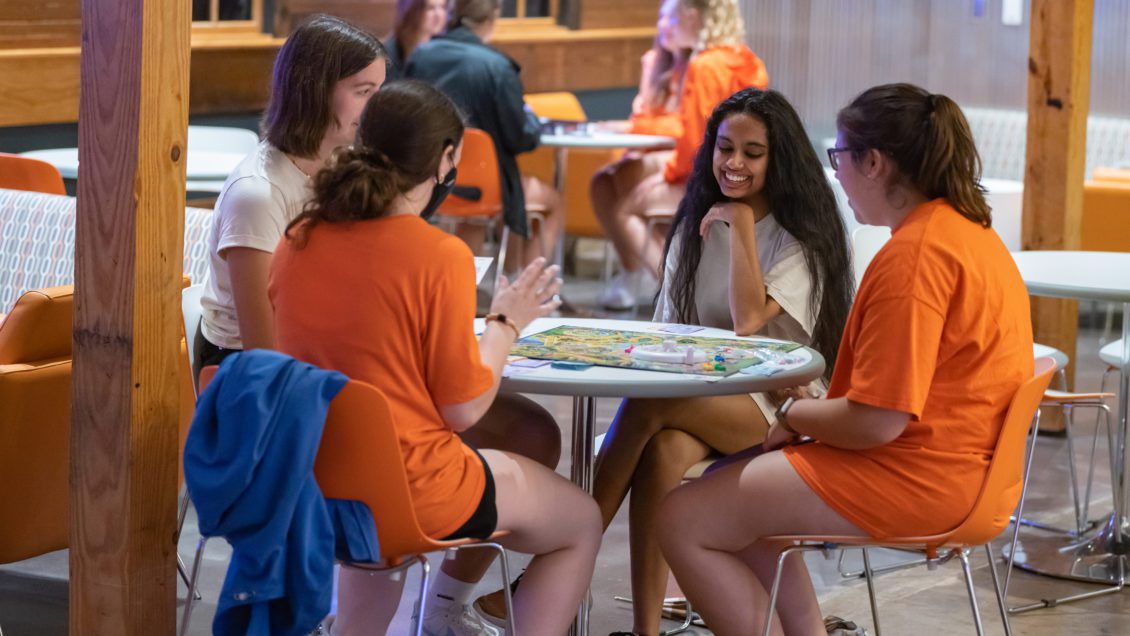Inclusive excellence has been a focal point of Clemson’s efforts within the Division of Student Affairs over the past few years. In fact, several departments and areas within the division provide direct support to underrepresented and historically underserved student populations.
And much like faculty and staff across the institution, Student Affairs has prioritized diversity, equity and inclusion. All of the division’s departments share a commitment to building community and promoting an inclusive climate and infrastructure.
Colleagues from Student Affairs have joined together over Zoom the past couple of years as part of an informative discussion series known as Experience: IMPACT. The series focuses on the work done by division staff in support of each core theme (health, safety and wellness; student learning; inclusive excellence; and staff experience). Five short presentations make up each session, four facilitated by Student Affairs staff as well as one from a campus partner outside of the division.
On Wednesday, the series focus shifted to inclusive excellence — and more specifically what various areas have been doing to make Clemson a secure and welcoming environment for individuals from all walks of life.
“Inclusive excellence is integral to the work that we do,” said Dr. Kimberly Poole, assistant vice president and senior associate dean of students. “How are we there for all students, who sometimes have very unique needs? It’s not something that one of us, or one department, can do alone. We’re all a part of it and want to make sure we’re creating opportunities to build community.”
—–
CONNECTIONS was founded in 1992 on the premise of supporting first-year students of color through peer mentorship. The program is based around five key pillars — personal development; academic engagement; culture and diversity; involvement; and a support network.
In 2021-22, it welcomed a large cohort of 96 first-year students. As part of the CONNECTIONS program, students take a required creative inquiry course, ED 1970. But one of the difficulties the program faced — in addition to staff transition in supportive leadership positions — was having only 20 students serve in mentor capacities.
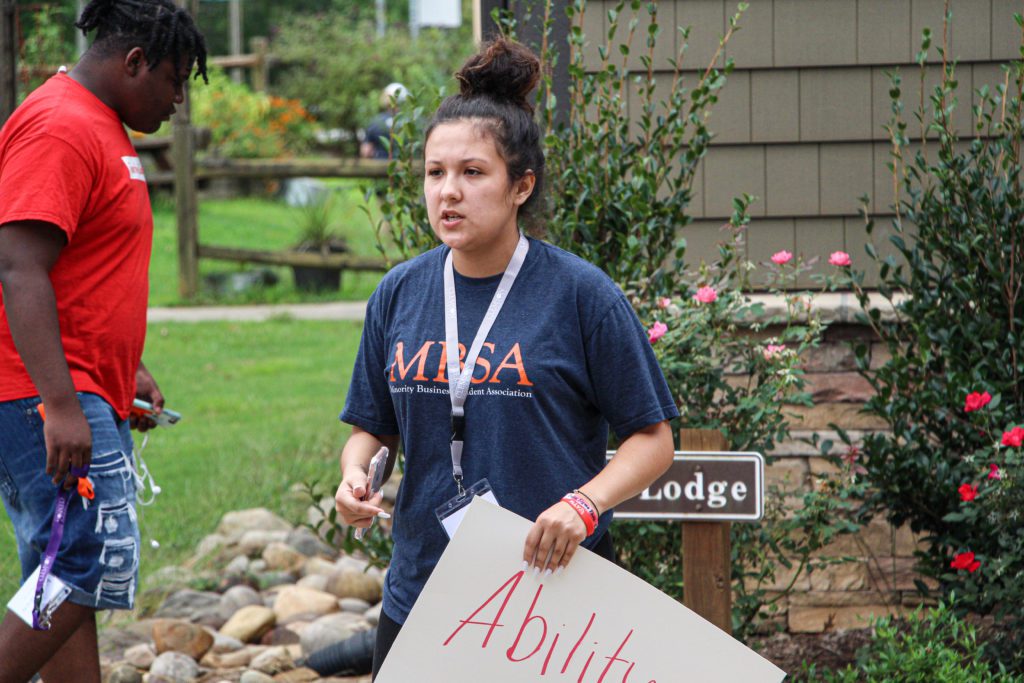
“It was difficult, but we faced that challenge together,” said Fredrick Evans, a second-year graduate assistant in Student Affairs. “I give a lot of credit to my undergraduate institution, Elon University. We had a similar program and called ourselves families — to this day I still call people aunts and uncles. Even with fewer mentors, we were able to maintain the sense of family style here at Clemson. We had karaoke nights, game nights and overall great energy.”
Kate Radford works in the Center for Student Leadership and Engagement and served the past year in an interim capacity supporting CONNECTIONS and other retention programs. She said mid-year assessment data has provided favorable returns on some of the mentorship changes within the program. As a result, the program has seen an uptick in the number of interested mentors for the 2022-23 academic year.
“We were still able to offer a robust and fully supportive program for our students,” she said. “Eighty-one percent of survey respondents indicated they have been able to connect with a mentor outside of the formal ‘family’ meeting structure. Many of them are still doing that.”
—–
Chris Cox of Campus Recreation spoke at length about the Be a STAR program within Intramural Sports. It started in 2017 as a way of promoting sportsmanship, teamwork and respect with diverse populations through one of Campus Rec’s most popular platforms.
“When we sat down and thought about what we value and were most passionate about, it boiled down to the idea of civility,” Cox said. “It’s as significant today as it’s ever been in society. It encompasses a lot of what we do in Student Affairs and how we interact with individuals who are different from one another.”
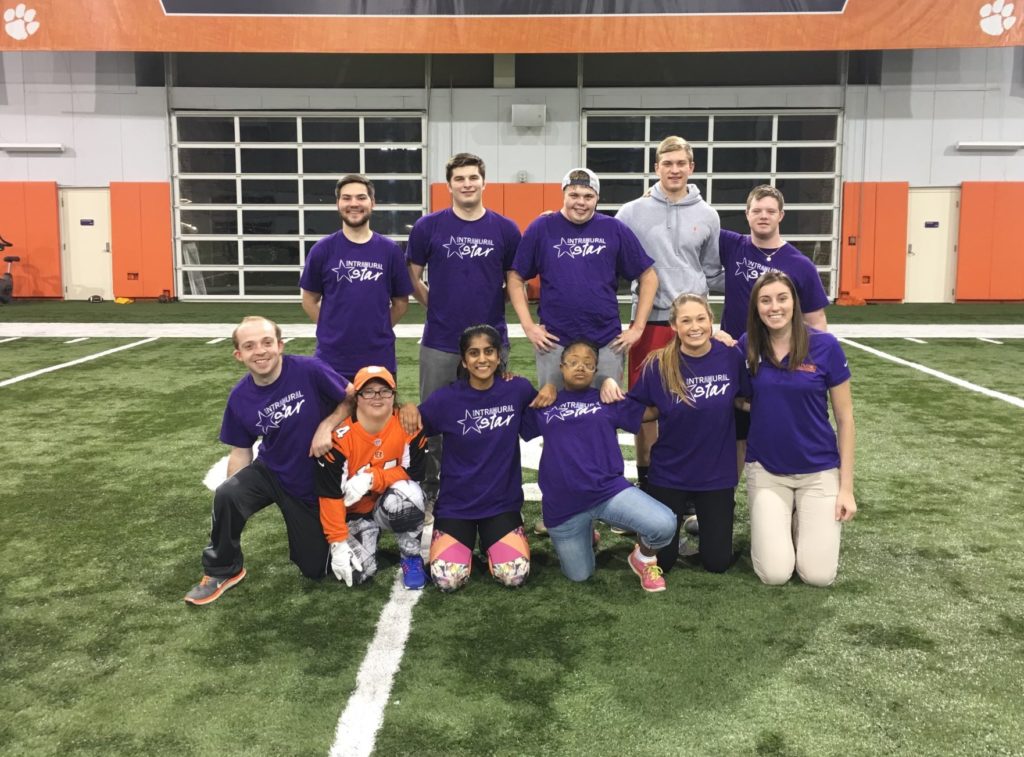
Cox said Be a STAR uses sports to effectively reduce barriers between Clemson students. Breaking the mold from traditional Intramural Sports programming, Be a STAR has created partnerships with ClemsonLIFE, International Student Services and Recreational Therapy within the Department of Parks, Recreation and Tourism Management.
The program was piloted with ClemsonLIFE, where Clemson students were paired in intramural events — Campus Rec hosted basketball and flag football leagues — with students possessing intellectual disabilities. It later expanded to adaptive sports, such as wheelchair basketball.
To date, more than 250 students have participated.
“We get testimonials all the time from students that have been able to make meaningful connections with students they wouldn’t have otherwise necessarily interacted with,” Cox said. “Sports can create that sense of community and bring people together.”
—–
Samuel J. Cadden was a rising junior at Clemson in when his life was tragically cut short in an auto accident. To honor his legacy, his parents contributed a lead gift of $1.5 million to build a chapel on Clemson University’s campus in his memory. The chapel was dedicated last December and opened under the guidance of Campus Reservations and Events in February.
The beautiful venue — nestled brilliantly between the Brooks Center for the Performing Arts, Watt Family Innovation Center and the Academic Success Center — is now open during the week from 10 a.m.-2 p.m. for prayer, other expressions of faith and reflection. Additionally, staff members in Campus Reservations and Events are tasked with managing the reservable space for affiliated campus departments and student organizations outside of regular hours of operation.
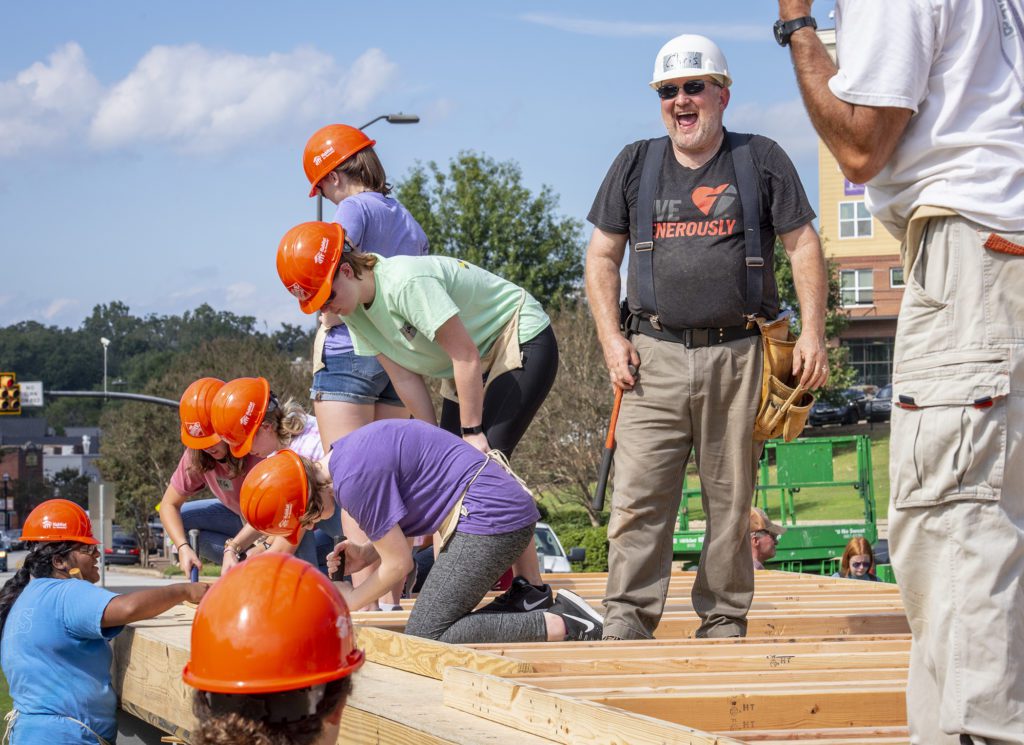
Pam Davis leads the team in charge of ensuring the chapel is appropriately staffed during open prayer hours. She hopes to ultimately extend the facility’s open hours for visitors, but noted its continual integration to campus will rely on additional human and financial resources.
One of the first successes was the hire of Chris Heavner — a former campus minister at Clemson who was also intricately involved with the local Habitat for Humanity chapter — to oversee student organization usage and provide tours of the chapel.
Davis said the campus community can expect to see additional landscaping and construction progress on the Johnson Family Student Memorial & Reflection Garden — a site that will serve as a place to memorialize students who have lost their lives prior to graduation.
In the end, she believes Samuel J. Cadden Chapel will be a place for all.
“It will reach individual students, faculty, staff, alumni and community members,” she said. “Couples will say vows and be surrounded by family and friends in a special place. We want it to be utilized by people from all walks of life.”
—–
Lauren Parker and Bat’sé Smart have both been hired over the past year as interpersonal violence response coordinators within the Office of Advocacy and Success. They provide direct services to survivors of sexual and interpersonal violence, manage student concerns through the CARE Network and participate in the Dean on Call after-hours response program.
Since their hires, Smart said they have been actively engaged with students and leaders from various organizations who are passionate about this critically-important topic.
“We believe we’ve helped streamline services,” she said. “There are resources on campus, but they’re spread out through multiple offices. We’ve been busy expanding our resource network and partnerships, both on campus and in the community.”

One of the ways the office is hoping to assess the current campus climate is through the Tiger Speaks Safety and Equity Survey, launching later this month and open to the entire student body. And while most of their referrals have come through the CARE Network — an electronic case management system for issues of student concern — the two have been busy working on strengthening their visibility on campus for all students.
“We’re a resource for all, not just a select few,” Smart said. “We want to expand our campus presence through outreach events and educational opportunities such as this (Zoom session). We’re so thankful to everyone for being so welcoming to us and willing to work together with us to support all students.”
—–
A non-division guest always appears in the fifth presentation slot during Experience: IMPACT. On Wednesday, Student Affairs staff had the opportunity to hear from Dr. Kendra Stewart-Tillman of the Harvey and Lucinda Gantt Multicultural Center.
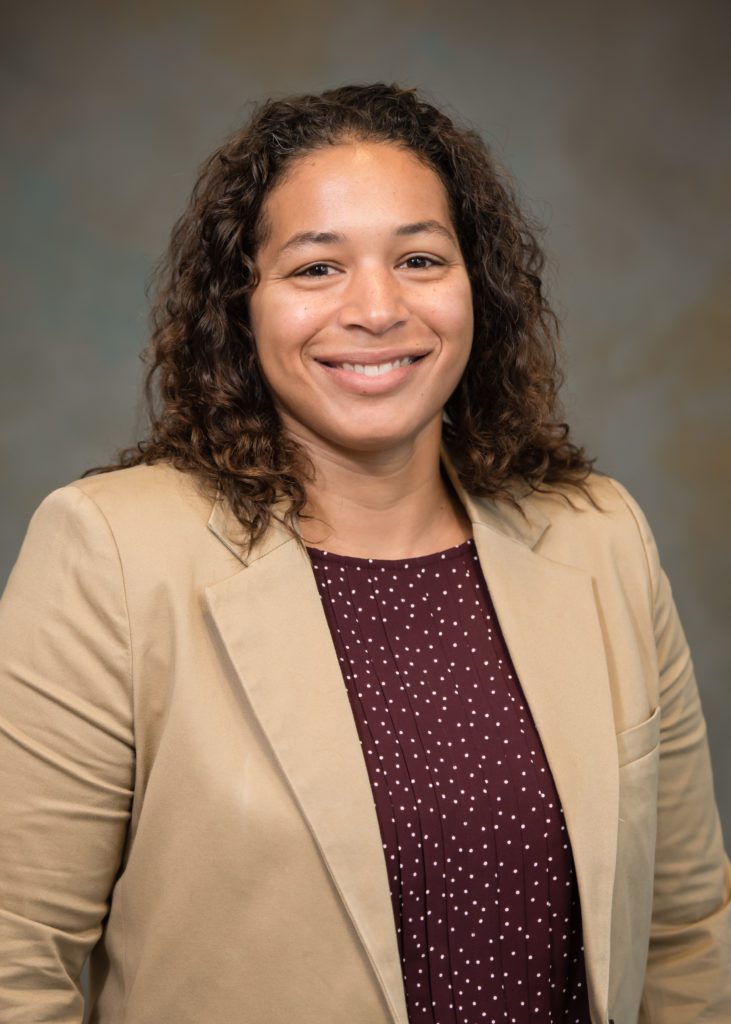
Stewart-Tillman is part of the Division of Inclusion and Equity, which is about six years old. The Gantt Center — located in Suite 300 on the third floor of Brackett Hall — used to be part of the Division of Student Affairs, but now positions itself in Inclusion and Equity to help create natural synergies in advocating for the needs of all students.
Clemson is home to more than 80 multicultural student organizations and the Gantt Center provides advisement to several of them and financial support when able.
“Everything we do — from awareness events to cultural programming and beyond — is done by a planning committee,” Stewart-Tillman said. “Students help inform the work and in turn gain tangible skills in the process.”
Some of the signature programs coordinated by the Gantt Center include Ally Training, Heritage and Awareness Months, community dialogue programs, Dr. Martin Luther King Jr. Celebration, LGBTQIA+ support and the International Festival.

